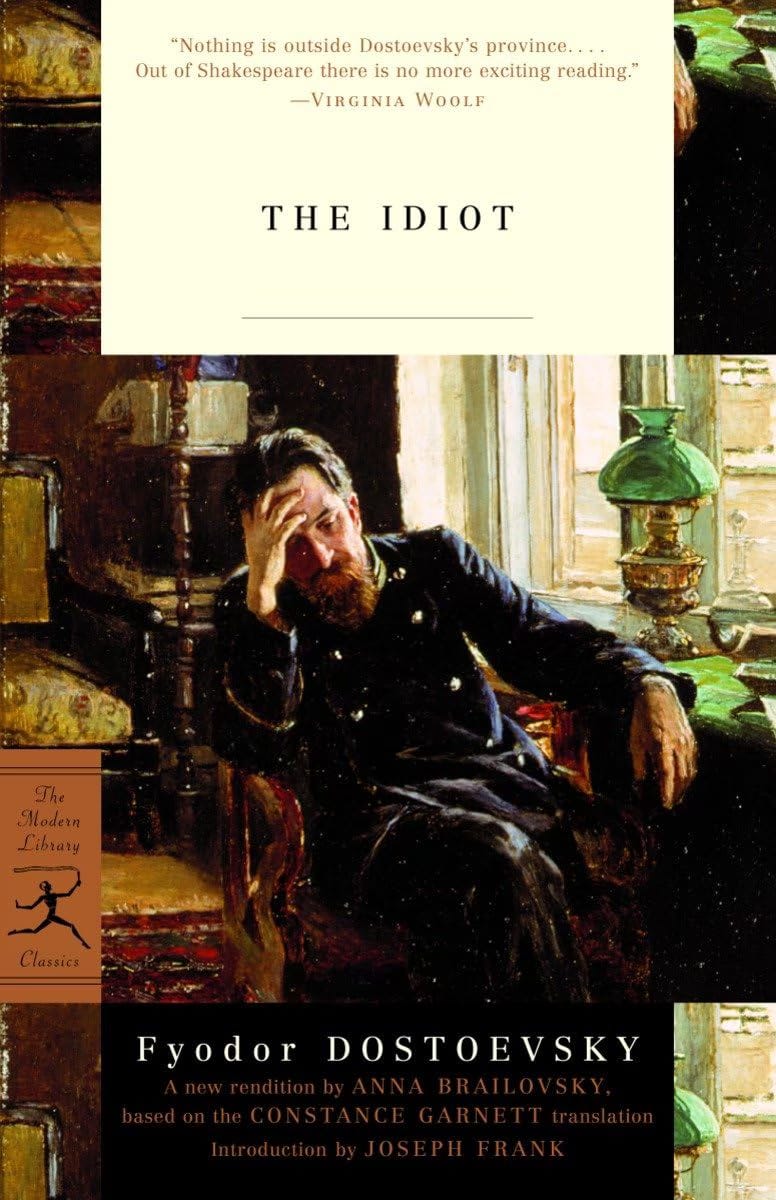Why try to write like Dostoevsky instead of another writer? Well we should always set our standards unreasonably high in art, it forces greatness out of you, and Dostoyevsky may be the greatest dramatic or philosophical fiction writer ever.
Samuel Johnson wrote that some authors only desire to be read, while others desire to be read and studied. If you desire to be read and studied, read on.
I would bring up Isiah Berlin’s distinction here — when does something go beyond great and become profound? What does it mean to say that something is profound? Berlin famously claims that Tolstoy is great but Dostoyevsky is profound.
For Berlin, a work is great when it teaches important truths about life, about society, about politics and ethics. But those lessons can, for the most part, be completely understood and transmitted to others. A work is profound, according to Berlin, when it is inexhaustible. When its exploration opens up many more questions than it can answer. When it uncovers dimensions of human life which are almost permanently ambiguous. So that the more you reflect on it, the more you grow morally and mentally, ad infinitum.
So I try to imitate the best when I’m writing, and here’s three things I’ve noticed which make Dostoevsky’s writing profound.
First, and this might be the most difficult thing, is believability. You often forget you’re reading a story, you feel like you’re having that argument with your father or your best friend. The characters are lifted directly from our lives. Just as you think a character is too flawed or morally bankrupt, Dostoevsky shows them with a profound sense of empathy. He perfectly balances their frailties with their circumstances and humanity so the reader is never sure what judgement to form. This is the highest compliment an author can pay his reader.
Second is dialogue. His dialogues go beyond just developing character and plot; they’re battles between two refined philosophies or psychologies. For example, the tension between Western European rationalism in Ivan and Russian Orthodox spirituality in Alyosha. His ability to weave whole philosophical systems into his narratives without sacrificing enjoyability, suspense and readability is incredible.
Third is narrative complexity. He uses and moves between several narrative techniques to great effect. From an unreliable narrator to stream of consciousness to detached observer and commentator. These mirror the many mental sides we all inhabit in our lives - we often misremember, or we often move through life with sheer adrenaline without much calculation, or often we plan and execute with excessive rationality.



I just started The Brothers Karamazov a few days ago, my first Dostoevsky read, so I appreciate this.